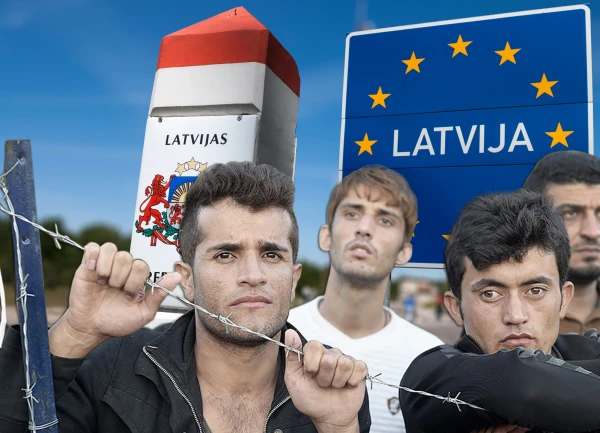
Recently, we often hear about attempts to illegally cross the border of Latvia by people from Africa and the Middle East who call themselves refugees.
We read alarming reports from the police that "closed ethnic immigrant groups" are forming in Latvia, and that society will have to "reckon with the consequences." We notice the Riga City Council's increased activity in identifying illegal migrants. And, of course, we see men, mostly young, clearly from hot countries, on the streets.
This raises the natural question: who are they and on what grounds do they live in Latvia? Tourists? Students who came here to study? New citizens of Latvia? And are there any illegal immigrants among them? We will discuss this complex topic with the president of the Latvian Association of Lawyers, Richard Bunk.
– During wars, crises, and other threats, it is logical to seek help from those who are closer to you - in spirit, language, mentality, religion... At the same time, we have been observing for years, and continue to observe, how thousands of boats with refugees from North Africa, the Near and Middle East "in the name of saving lives," but actually at great risk to life, crossed the Mediterranean Sea and headed for Europe. Meanwhile, wealthy countries of the vast Arab East, close to them in mentality and religion, were nearby. And when young men of conscription age from these countries find themselves at the border of Latvia – it is doubly strange...
– I will express my personal opinion. Europe is attractive for several reasons: social policy, standard of living, and relatively soft legislation. Under the banner of tolerance and out of fear of being accused of racism, guests in Western European countries are sometimes allowed to do things for which they would receive very serious punishments in their own homeland and in countries with similar orders. For example, in some Arab countries, the punishment for drunk driving is not a fine, but 40 lashes with a stick. Literally, it discourages the desire to drive while intoxicated – for life. As they say, feel the difference.
The problem, as I see it, is that when enclaves are created due to the mass influx of "new Europeans," plus the permissiveness without adequate punishments – at some point they begin to dictate their own rules of the game to both the local population and the government of the specific host country. For a while, the population tolerates this, but then conflicts inevitably arise. And the further it goes, the more intense they become. This is what we are currently observing in many countries in Europe.
As for Latvia, it remains not very attractive for migrants: it is cold, the economy is weak, wages are low, you can't live on benefits... However, for many, even in Latvia, life is better than at home. Therefore, it is important that these processes occur in strict accordance with the legislation of our country.
– Suppose a person crosses the border; he has neither a visa nor documents, but he says that he is being persecuted in his homeland and is asking for asylum...
– According to European norms, he must request asylum in the first EU country he encounters, rather than choosing – I want to go to Germany, Denmark, etc. By law, he must simply go to the border checkpoint and ask for asylum. In this case, a verification procedure must be conducted for the specific individual, and while it is being determined whether he qualifies for refugee status and can claim protection and asylum, this person must remain in a specially designated place for that purpose.
As far as I know, some are indeed granted the right to stay, but most do not fall under the definition of "refugee." The fact that these "border crossers" are indeed becoming more and more numerous – both legal and illegal – cannot help but raise concerns.
There are also other "paths for illegal immigrants." For example, young people who came here supposedly to study: they pay for a certain period of education, and then at some point "disappear from the radar." They may leave for some other EU country. Or they stay in Latvia, and when their residence permit expires, they do not return home, but switch to illegal status in Latvia or some other EU country. The third option is arriving on a tourist visa (with some countries it allows a stay in the EU for 90 days), and then also transitioning to illegal status.
– In August, a trial took place in Rezekne against an employee of the organization "I Want to Help Refugees," Ieva Raubiško, accused of intentionally organizing the illegal crossing of the border by a group of individuals. She did not plead guilty. The sentence was relatively lenient, as the court took into account that she acted not for money, but out of sympathy and compassion. And she is clearly not the only resident of Latvia willing to help "border crossers"...
– A person crossing the border of a country in an unauthorized place is, by definition, a violator. And although this violation is not criminal, but administrative (of course, if he is not armed and does not attack anyone – just crossing), the unauthorized crossing of the border does not cease to be a violation. And if you help a person illegally cross the border, you become an accomplice to such a violation. If it is proven that the assistance was provided for money – that is already a criminal offense. If out of pity, compassion – that mitigates the guilt, but does not absolve of responsibility.
If you feel sympathy and want to help, no problem: give the refugee food, give him water. But then take the person to the checkpoint and, if you can, help him write the necessary papers. This is the only right way. If such offenses are left unpunished, then criminals who profit from smuggling illegal immigrants across the border will also claim, in case of detention, that they acted solely out of humanitarian and compassionate considerations. Therefore, border and law enforcement agencies must enforce the laws adopted in the state and continue to detain all those whose actions fall under a specific article.
If someone believes that the law is overly strict, unreasonable, or needs amendments – please: there is a procedure in Latvia for changing laws that can be used to review it. For now, however, the legislation is as it is, and it must be observed.



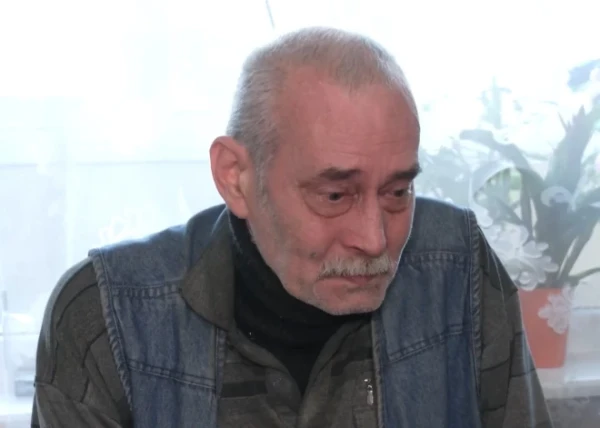
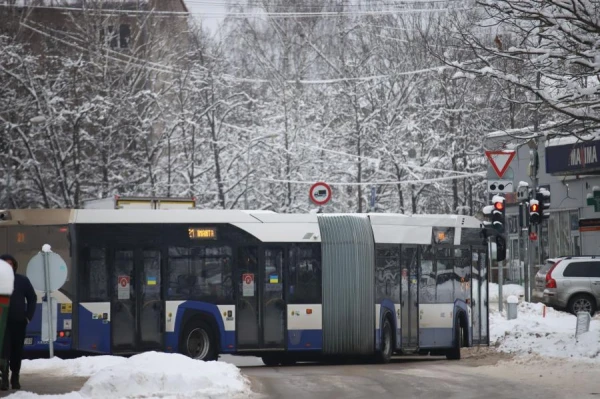
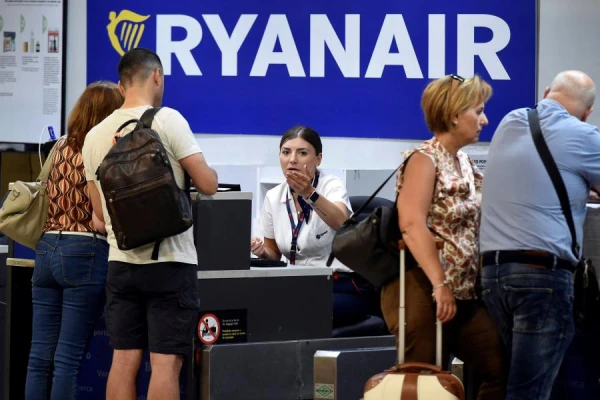

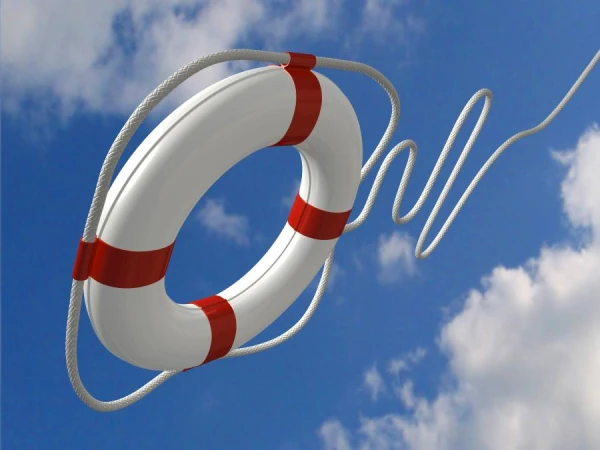




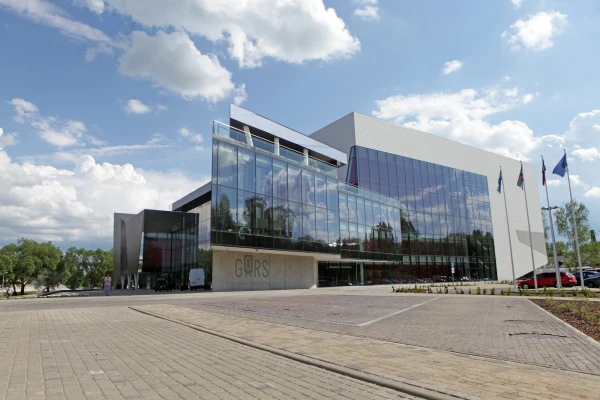



Leave a comment